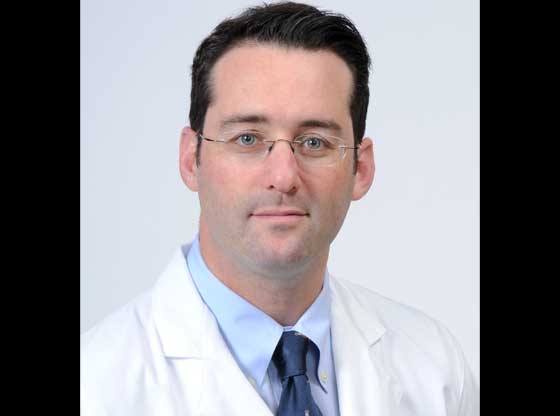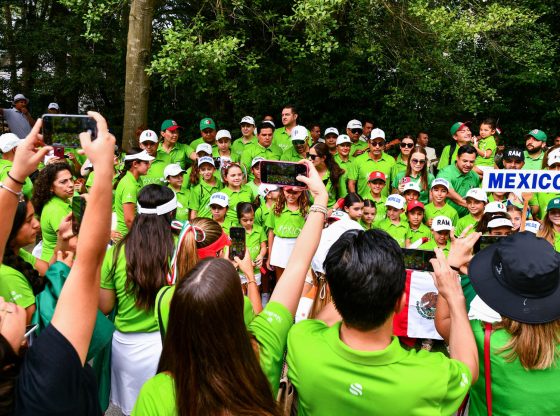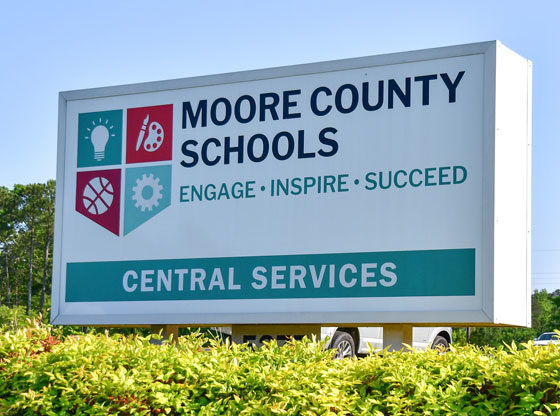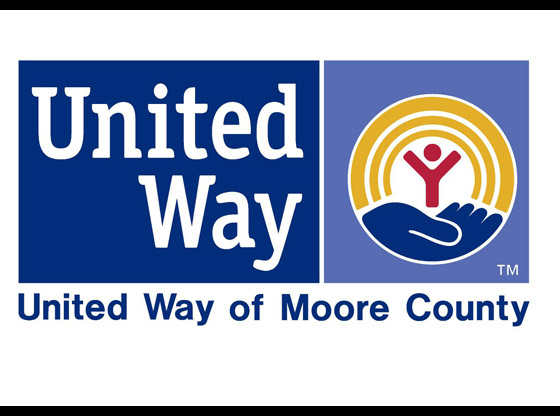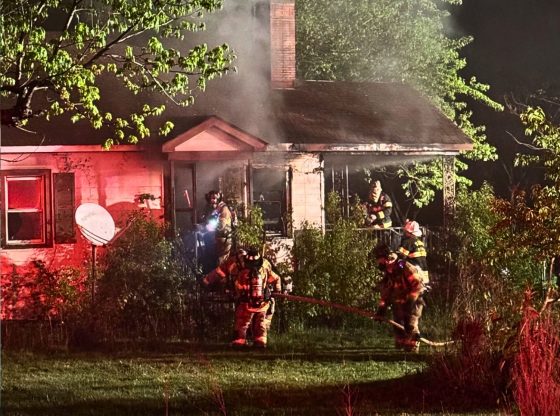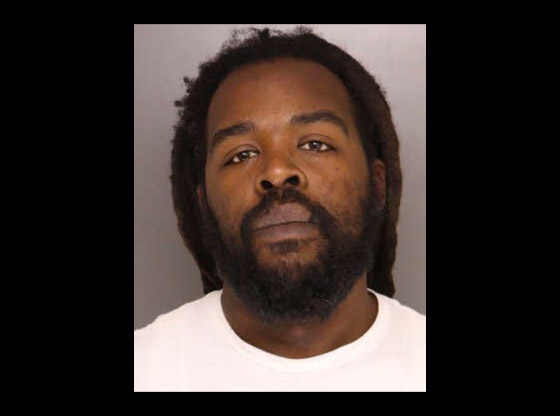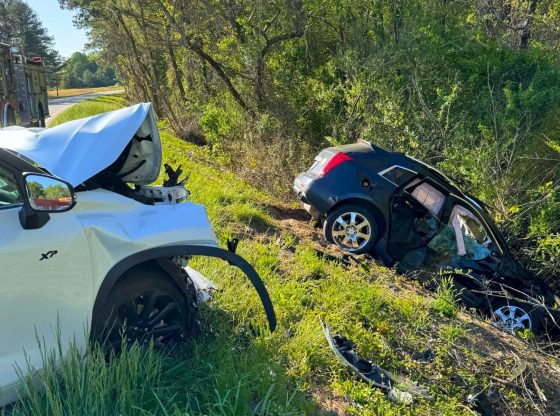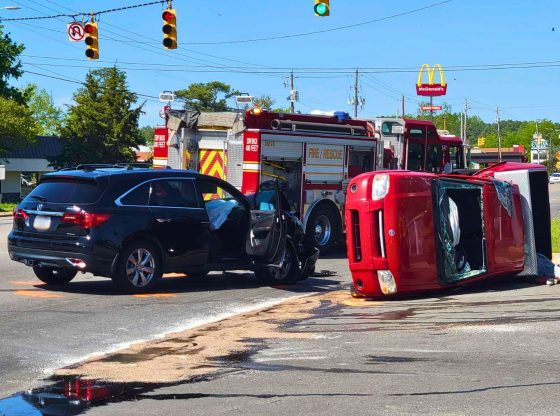The ribs and muscles of the chest are designed to protect the organs inside, so reaching deep inside the chest can be a challenge. For people who need lung surgery due to cancer or other health conditions, they have the best results when they have both an experienced team and the latest advances in instruments and techniques.
“For the last three years whenever it has been possible, we have used a minimally invasive approach to lung cancer surgery using the da Vinci Robot,” says Peter Ellman, M.D., a board certified cardiothoracic surgeon at Reid Heart Center on the campus of FirstHealth Moore Regional Hospital in Pinehurst. “This allows us to perform lung cancer operations through very small incisions in the chest wall.”
Traditionally, patients needing a lung cancer operation require an eight- to 10-inch incision through the muscles of the back, and often removal of a small portion of a rib. Though this option is excellent because it gives surgeons good access to and good views of the area they need to reach, it also has significant disadvantages for the patient, especially for recovery and healing.
In the last decade in almost every surgical field, surgeons have made every effort to make incisions smaller for their operations. This is called “minimally invasive surgery” or “MIS.” The main advantages to these smaller incisions are usually decreased pain, shorter hospital stays and patients getting back to their normal activities more quickly.
Moore Regional Hospital offers minimally invasive approaches to all of the surgical specialties, including lung cancer surgery. Dr. Ellman has specialized training in heart and thoracic (chest) surgery, and was instrumental in bringing the robotic technology to the region three years ago.
“The da Vinci system gives us a three-dimensional view of the delicate tissues and blood vessels of the lung and around the heart, and medical instruments that are highly flexible to manipulate,” Dr. Ellman says. “For a minimally invasive lung operation, it is a great tool that allows us to work in a small space with great precision and visibility. I have found, for me, this system makes it much easier, because as I can control everything in the operation from where the camera looks to how I hold the lung.”
For the patient, this technique avoids the large incision (called a “thoracotomy”) that was used traditionally for lung cancer operations. Dr. Ellman says that most centers doing a large number of lung cancer operations have abandoned the large incision approach for a minimally invasive approach like this.
For patients in Moore County, as well as surrounding counties such as Cumberland, Richmond, Troy, Hoke, Lee and beyond, this means they can get the latest surgical treatment and avoid the inconvenience of traveling away from home for the procedure and for follow-up visits.
“We have great university hospitals just north of us that offer minimally invasive lung surgery as well, but we strive to be able to offer the same operations here close to home,” Dr. Ellman says.
The hospital stay for traditional surgery using the larger incision and spreading the ribs is usually three to five days, with weeks of recovery at home, he says. Patients who have thoracotomies will sometimes also have issues with chronic pain for months or even years to follow.
Hospital stays after the robotic-assisted surgeries are typically just two to three days.
“This is new technology that keeps improving,” Dr. Ellman says. “And even though we’ve only had it for two years, we’ve continued to upgrade our system. The latest advancements make both the operation and recovery even smoother for our patients. We now also know from studies that these operations offer the same chance for a cure of cancer, so there is only upside for the patient.”
In addition to a shorter hospital stay compared to traditional surgery, research shows that this translates to less pain right after surgery and during recovery at home; less blood loss and risk of infection; and a quicker return to work and other normal activities.
Feature photo: Peter Ellman, M.D., a board certified cardiothoracic surgeon at Reid Heart Center on the campus of FirstHealth Moore Regional Hospital in Pinehurst.
Contributed


